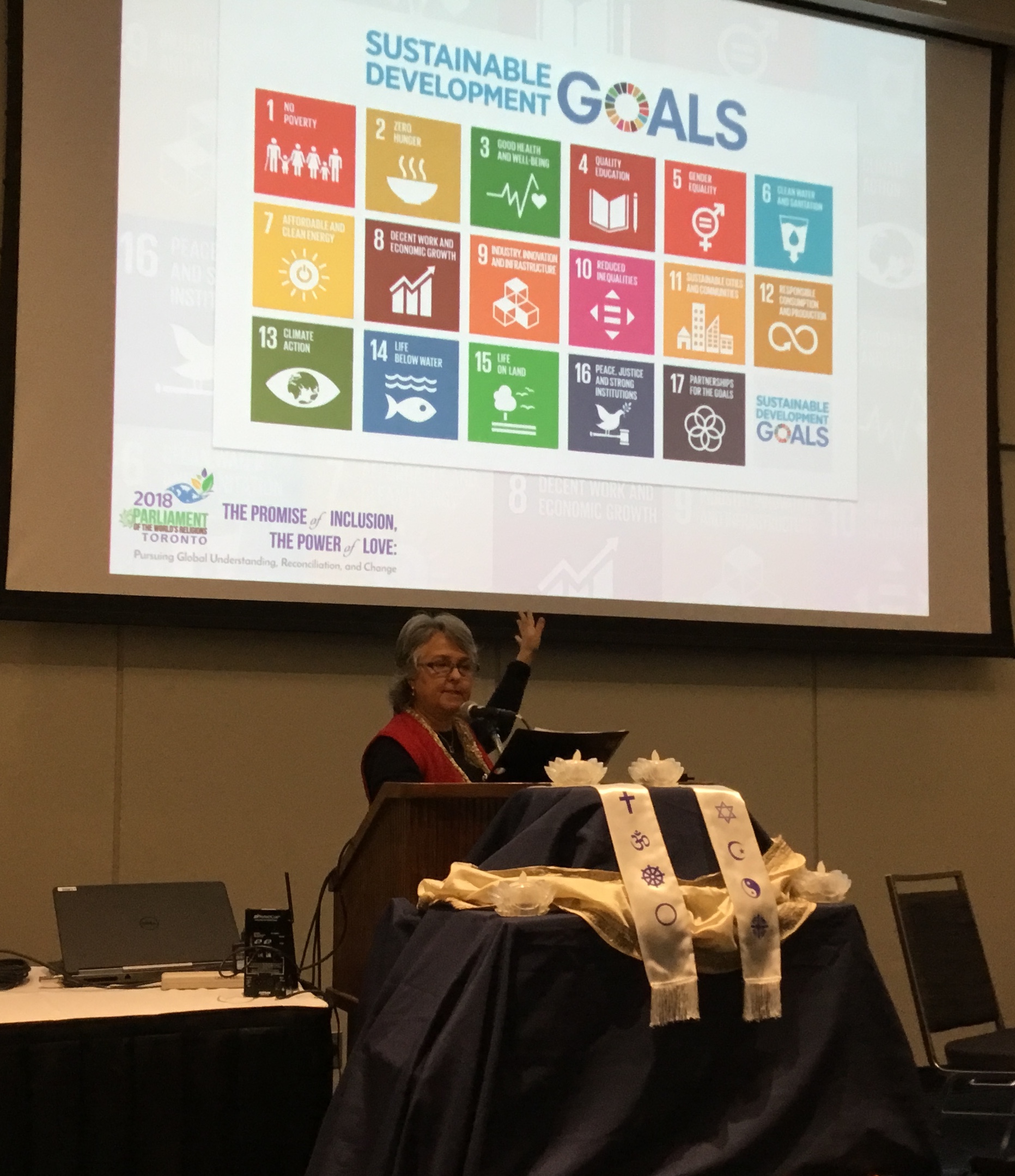When you bring in organizational development consultants, it is because every system needs objective, skilled input for it to function at its best. Bringing in competent consultants will probably improve things. But, if you aren’t accounting for exactly what you want to change and why, as well as for who is on board and who has other ideas about what needs to happen, how will you know if you are on a stable platform for development? And how will you know whether or not your team is headed toward where you want to go?
Especially as we recognize the need for wisdom, purposefulness, curiosity, and values to be better supported in workplace cultures, the advantages of measuring and clarifying cultural metrics are clear. Yet, it is remarkable how many leaders skip the step of getting a full spectrum assessment before engaging advisors and facilitators.
Given that personal and leadership development technologies have come so far, and that there is such well-tested data-based cultural assessment technology, it makes no sense to dive into consulting programs that are not customized around a baseline assessment that includes objective and subjective metrics. Not only does that baseline give you a means for tracking progress, it also provides clarity on stakeholder alignment. That’s important because alignment is often assumed and that false premise creates pitfalls that seem to come “out of nowhere.”
The greatest advantage of assessing is that it transcends the guesswork and conjecture that happen with the best of intentions but that create the riskiest of leadership platforms. As we are understanding more and more about how the so-called “softer” indicators are highly determinant of strengths and outcomes, measuring and accounting for them is all the more important. It’s a little bit counter-intuitive to think that the invisible things should be quantified, but wise leaders are recognizing that there is no substitute for objectivity and clarity that comes with a multi-layer assessment.
by Dr. Joni Carley
www.JoniCarley.com
Author: The Alchemy of Power: mastering the invisible factors of leadership


